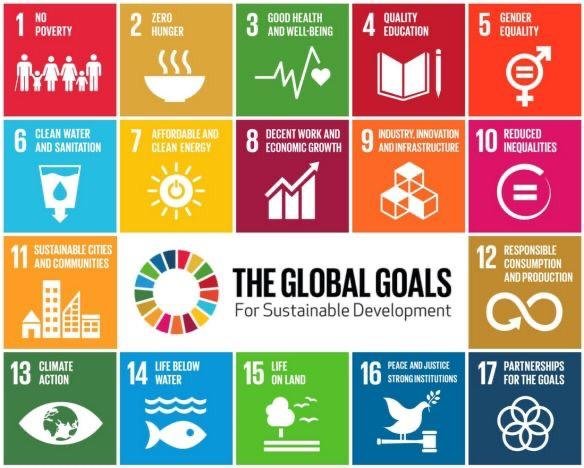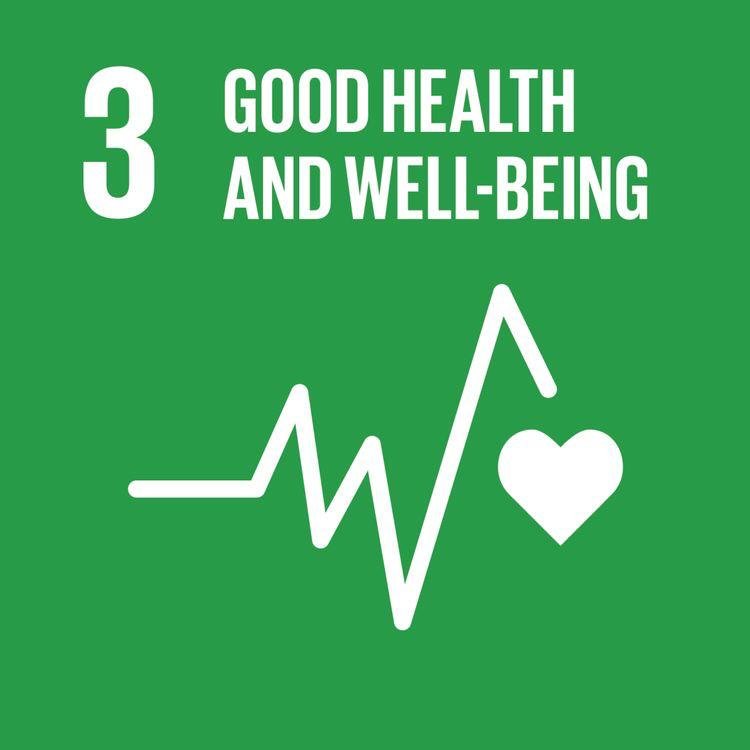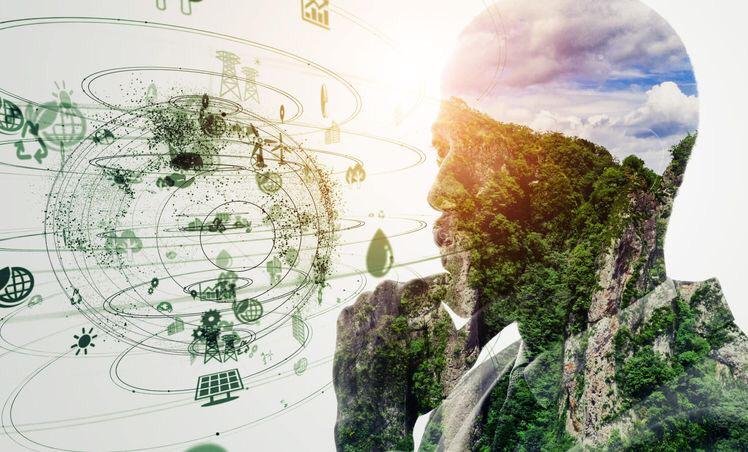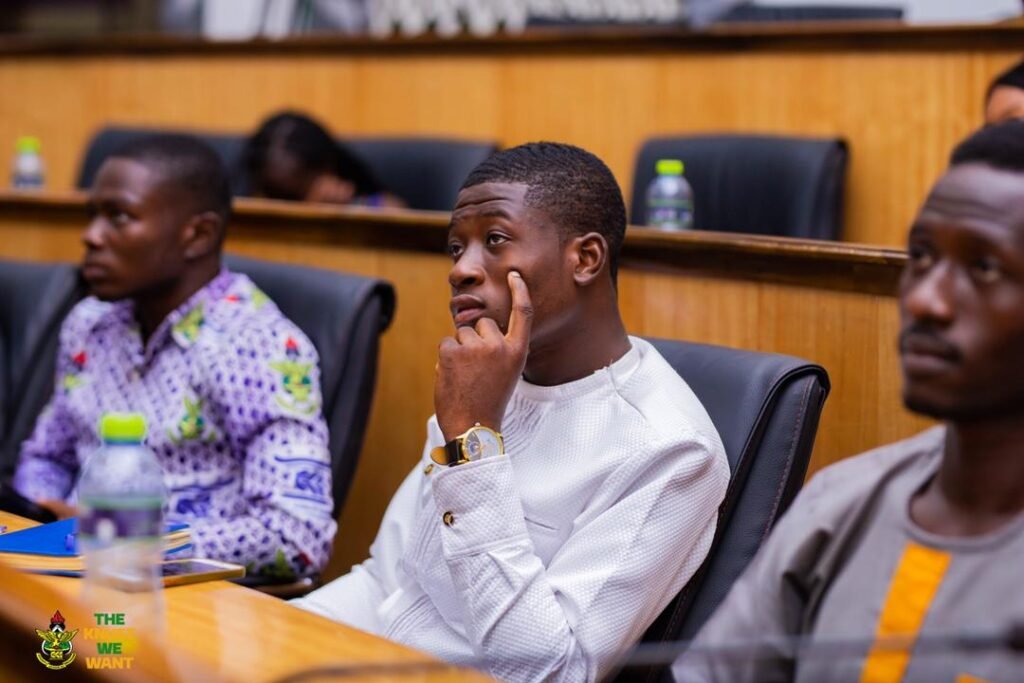Introduction: Sustainable Development Goals
The United Nations’ Sustainable Development Goals (SDGs) represent a global blueprint for creating a more equitable, sustainable, and prosperous world by 2030. These 17 interconnected goals address critical challenges such as poverty, hunger, education, gender equality, clean water, and climate action. These goals encompass a wide range of economic, social, and environmental dimensions, aiming to address pressing global challenges. Ghana, located in West Africa, has made considerable strides towards achieving the SDGs. This article examines the achievements and challenges faced by Ghana in its pursuit of sustainable development.
Goal 1: No Poverty
Ghana has made significant progress in reducing poverty rates in the past two decades. According to the World Bank under sustainable development goals, the percentage of Ghanaians living in extreme poverty dropped from 56.5% in 1991 to 21.4% in 2019. Various social intervention programs, such as the Livelihood Empowerment Against Poverty (LEAP) and the Free Senior High School policy, have contributed to poverty reduction.

Goal 2: Zero Hunger
Ghana has made commendable efforts in tackling hunger. The prevalence of undernourishment decreased from 9.6% in 2004-2006 to 5.4% in 2018-2020, as per the Food and Agriculture Organization (FAO). The country has witnessed improvements in agricultural productivity and increased access to markets for smallholder farmers. Initiatives like the Planting for Food and Jobs program have enhanced food production and reduced hunger rates. Despite progress, malnutrition remains a concern, particularly among children under five years old. The Global Hunger Index 2020 ranked Ghana 81 out of 107 countries, indicating a need for continued efforts to ensure food security for all.
Again, issues such as post-harvest losses, climate change impacts, and low agricultural productivity in certain regions require continued attention.
Goal 3: Good Health and Well-being
Ghana has made considerable progress in improving healthcare progress in improving healthcare services and outcomes. Key achievements include a decline in child mortality rates, increased immunization coverage abd improved access to essential healthcare services. commendably, significant steps towards acheivong better health outcomes. Under five, mortality rates have decreased from 73 deaths per 1000 births in 2010 to 60 deaths per 1000 live births in 20219 (World Bank 2021). Tje National Health Insurance Scheme has alsp played a vital role in expanding health coverage. However, challenges persist in addressing maternal mortality rates, non communicable diseases, healthcare infrastructure gaps especially in rural areas.

Read Also: Another KNUST Student Attempts Suicide
Goal 4: Quality Education
Ghana has made strides in expanding access to education. The country achieved universal primary education and increased secondary school enrollment. The net enrollment rate in primary education reached 84.8% in 2019. The implementation of the Free Senior High School policy has significantly increased enrollment rates in senior high school, ensuring more children have access to secondary education. Several government interventions have been made to provide infrastructures in the various senior high school. While progress has been made, quality education and learning outcomes need improvement. High student-to-teacher ratios, inadequate infrastructure, the quality of education in rural areas need attention and disparities in access to education between regions remain challenges.
Goal 5: Gender And Equality
Ghana has demonstrated commitment to gender equality, promoting women’s participation in decision-making and leadership roles. The country ranks relatively high on the Gender Inequality Index, standing at 122 out of 162 countries. The Gender Development Index (GDI) increased from 0.630 in 2010 to 0.653 in 2021, indicating progress in reducing gender disparities (United Nations Development Programme, 2021). Gender-based violence and traditional norms still hinder women’s empowerment and equal opportunities. More efforts are needed to eliminate discriminatory practices and address gender imbalances in the workforce and society.
Goal 6: Clean Water And Sanitation
Ghana has made progress in improving access to clean water sources. The percentage of the population with access to improved drinking water sources increased from 63% in 2000 to 85% in 2017. Ghana faces challenges in providing clean water and sanitation services to all citizens. In 2019, approximately 22% of Ghanaians lacked access to improved sanitation facilities, impeding progress towards SDG 6 (WHO/UNICEF, 2021). Access to sanitation facilities remains a challenge, particularly in rural areas. Open defecation practices persist, which impacts public health and contributes to waterborne diseases.
Goal 7: Affordable And Clean Energy
Ghana has been actively expanding its renewable energy sector, particularly in hydro and solar power. The government’s investments in renewable energy projects have increased access to electricity for many communities.
However, ensuring affordability and sustainability in energy provision remains a challenge.
Goal 8: Decent Work And Economic Growth
Ghana’s economy has experienced steady growth over the years, with an average annual growth rate of around 6%. The country has improved its business environment and attracted foreign investments. However, the informal sector still dominates the economy, leading to issues such as job insecurity and limited social protections. Additionally, youth unemployment remains a concern, requiring targeted policies to promote decent work opportunities.

Goal 11: Sustainable Cities And Communities
Ghana is undergoing rapid urbanization, with over 50% of the population living in urban areas with regards to sustainable development goals. While this presents opportunities for economic growth, it also poses challenges in terms of infrastructure development, affordable housing, and managing waste. Addressing these challenges requires sustainable urban planning and investments in green infrastructure.
Akuffo Speaks on sustainable development goals
Goal 13: Climate Action
Ghana has taken steps towards climate action, including the development of the Nationally Determined Contributions (NDCs) and the establishment of the Green Climate Fund (GCF). Ghana struggles to balance economic growth with environmental conservation. Deforestation, improper waste management, and increased greenhouse gas emissions pose threats to the country’s ecosystems, undermining progress towards SDG 13 (Climate Watch, 2021). Regardless, climate change poses a significant threat to Ghana’s development, with rising temperatures, erratic rainfall, and increased occurrences of extreme weather events. Implementing effective climate adaptation and mitigation strategies requires substantial resources and international support.

The Way Forward:
To accelerate progress and overcome the challenges in meeting the SDGs, Ghana must adopt a holistic approach and prioritize the following strategies:
a. Policy Integration: The government should ensure that SDGs are fully integrated into national development plans, policies, and budgets, fostering a coherent and coordinated approach.
b. Private Sector Engagement: The private sector plays a pivotal role in achieving the SDGs. Encouraging responsible business practices and private sector investments in sustainable initiatives will drive inclusive economic growth.
c. Data and Monitoring: Strengthening data collection and monitoring mechanisms is crucial for evidence-based decision-making and tracking progress towards the SDGs.
d. Climate Action: Ghana must intensify efforts to combat climate change and promote sustainable land use, investing in climate-resilient infrastructure and renewable energy sources.
Sustainable Development Goals: Conclusion

Ghana has made commendable progress in various Sustainable Development Goals, reflecting the government’s commitment to sustainable development. However, challenges persist in addressing regional disparities, ensuring the sustainability of achievements, and accelerating progress in certain areas. It is crucial for Ghana to continue prioritizing the SDGs in policy-making, allocating sufficient resources, and fostering partnerships to drive sustainable development across all sectors. By addressing these challenges, Ghana can inch closer to achieving the SDGs by 2030 and ensure a prosperous and inclusive future for its citizens.
Written by: Wilkinson Ameyaw

